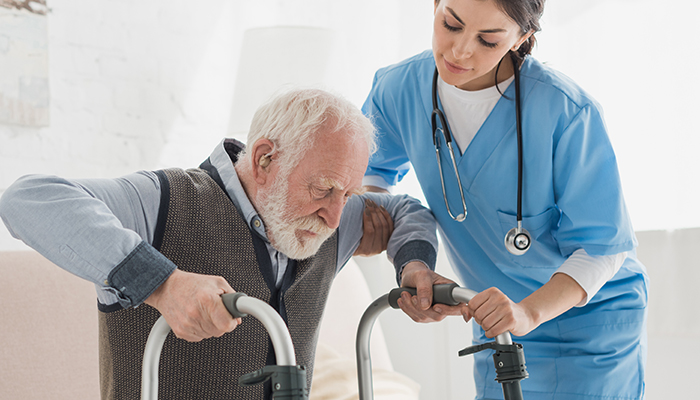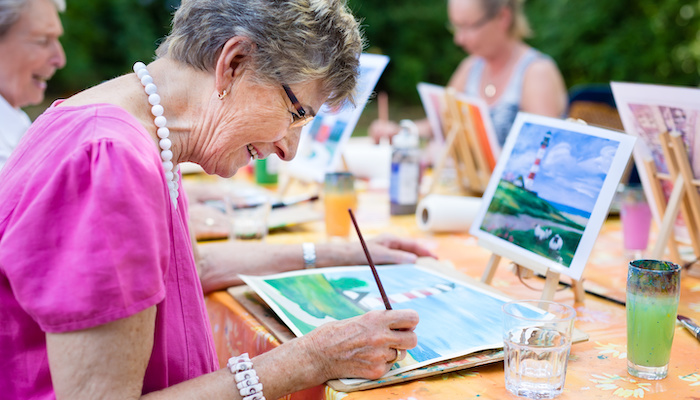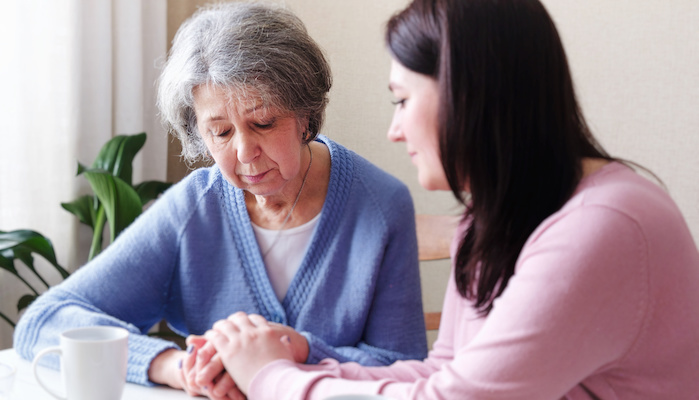
It’s smart to be prepared to step in if something comes up that leaves your parent unable to handle their finances. But money can also be a very sensitive subject. Check out our simple conversation starters to get the ball rolling.


It’s smart to be prepared to step in if something comes up that leaves your parent unable to handle their finances. But money can also be a very sensitive subject. Check out our simple conversation starters to get the ball rolling.

Most people are familiar with the term HIPAA and know that it somehow relates to sensitive health information. But the details of what exactly it means for family caregivers can be confusing.

For National Immunization Awareness Month, we take a closer look at shingles and the importance of older adults getting vaccinated. It’s a simple way to protect your loved one not only from the pain associated with the condition, but from other complications, too.

You may think grief comes only after a death. But if you have an aging loved one in your life, watching them change and move closer to the end of their life can stir up feelings of grief long before they are gone.

Are you constantly watchful that your loved one with dementia doesn’t slip out the door? Check out our tips for reducing the common problem of wandering.

Like a good meal, good memories can be savored. It turns out that intentionally reliving positive moments retrains your brain to notice and savor the current positives in your life. What a yummy way to feel happier!

Caring for an ill, aging loved one who is at home? There might be resources covered by Medicare that could help lighten the load.

Watching a loved one struggle with essential tremor can be tough—but there are ways to help. Simple swaps such as weighted utensils or slip-on shoes can make life a little easier. But just as important is finding the right emotional support.

Staying engaged in activities and connected to a sense of purpose is very important to the health and well-being of older adults. This is especially true for those facing new challenges. If you need help making sure your loved one is getting the engagement they need, consider an enrichment program.

Learn what you can do to support your aging loved one during this tough time.
© 2002-2025, Coaching Caregivers. Site created by Elder Pages Online, LLC.